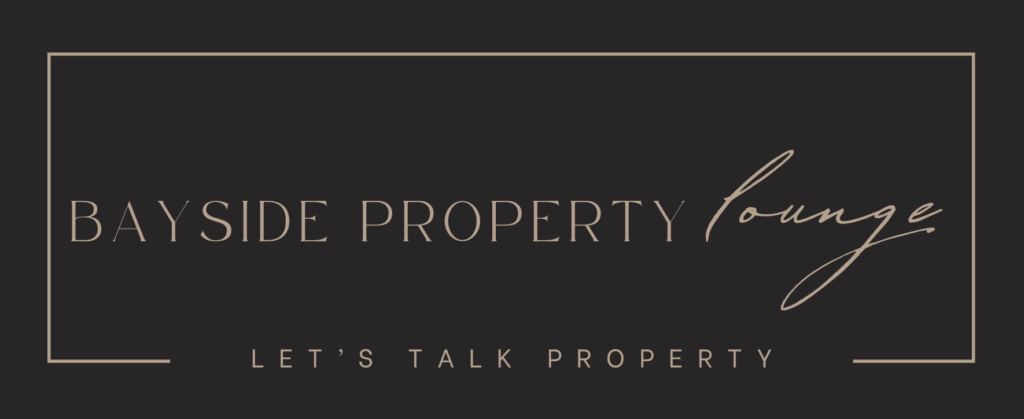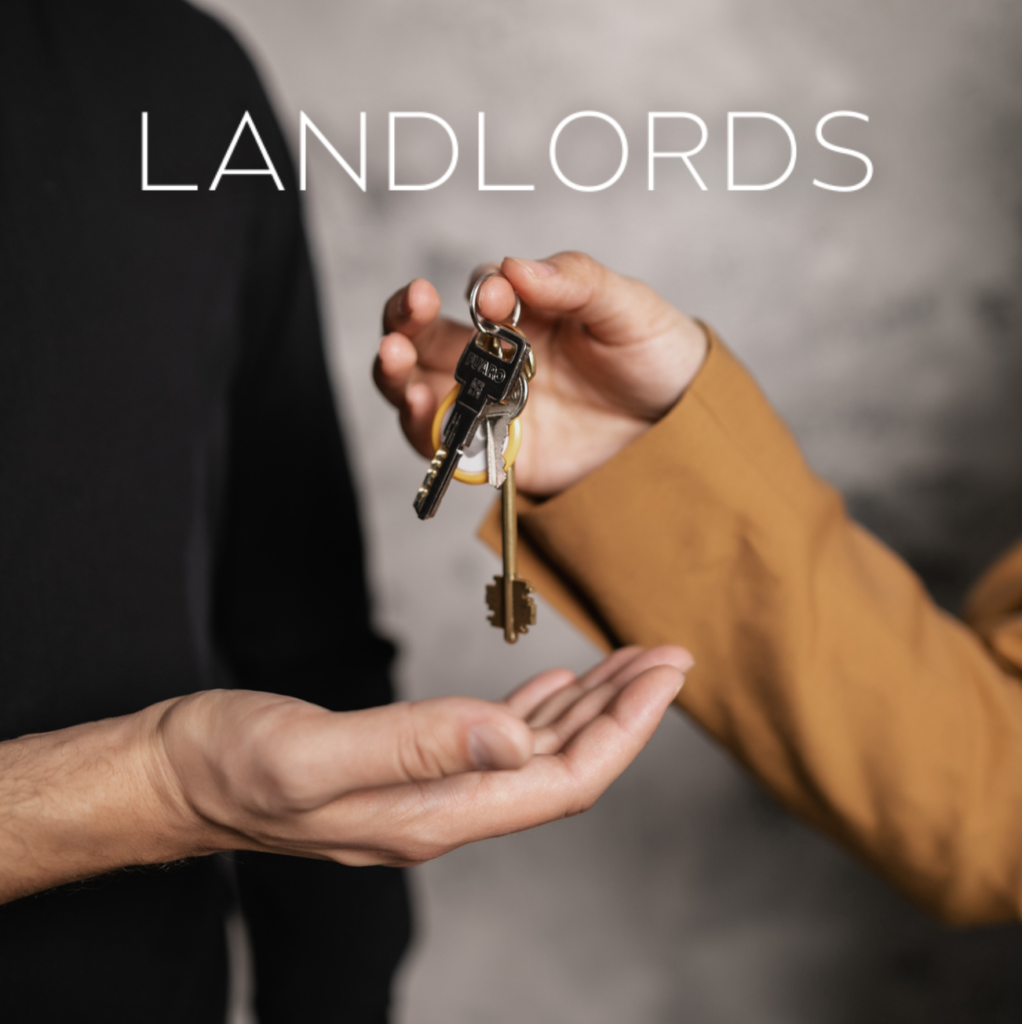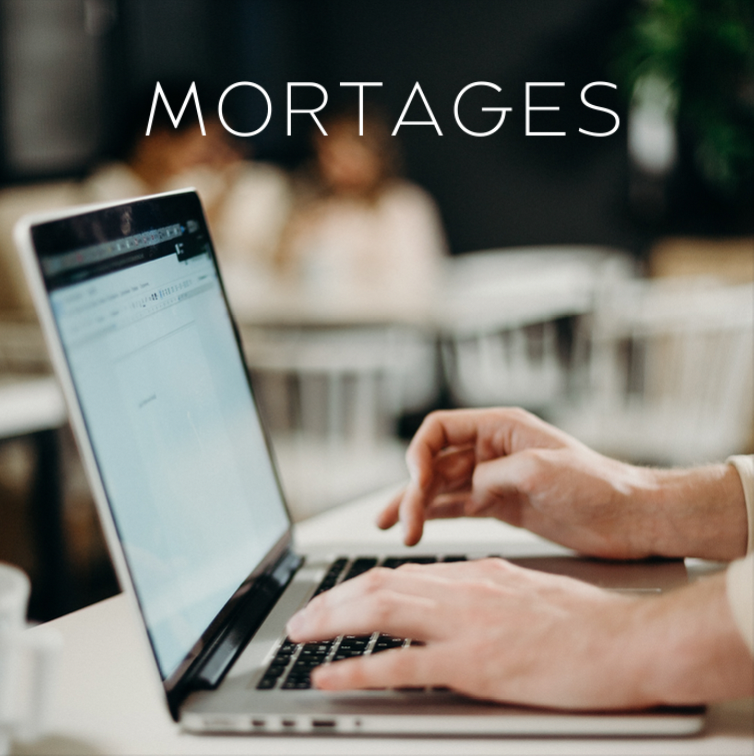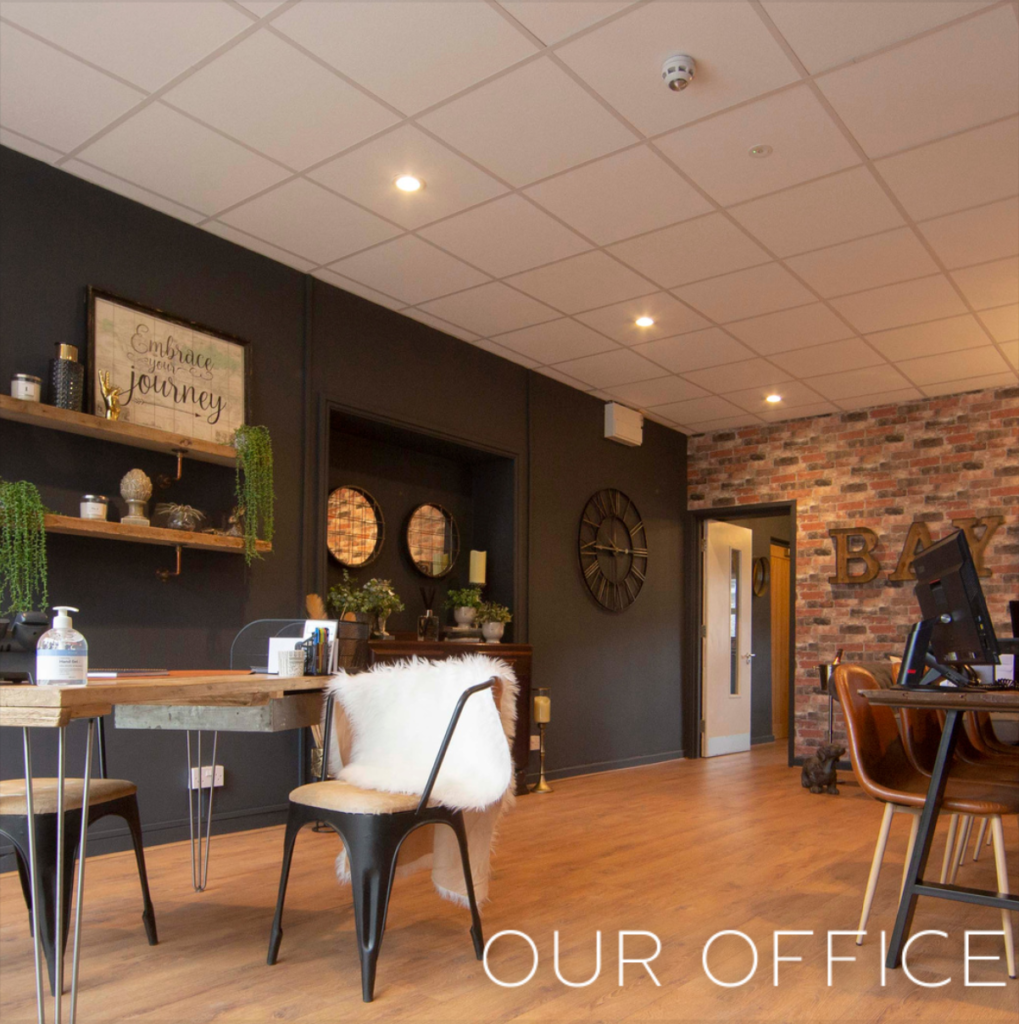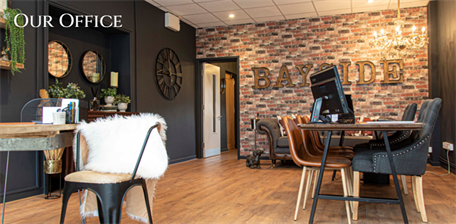Let's Talk Property



Legal & Financial Aspects
Consents to let
- Before letting your property the following should be considered:
- Consent must be obtained from your mortgage lender.
- Insurance companies must be notified of the intention to let the property.
- Permission must be obtained from the Freeholder (for Leasehold properties only).
- If jointly owned, co-owners must be named on the Terms and Conditions and in the Tenancy Agreement.
A Tenancy Agreement is a written agreement that sets out the terms of a tenancy and the rights and obligations of the landlord and tenant. It is important to select the correct type of Tenancy Agreement to ensure that you are properly protected while letting your property. Charters will draw up the relevant agreements to be signed by both parties each time your property is let. To help you decide on the most suitable Tenancy Agreement please see the following outline of each type.
Assured Shorthold Tenancy (AST)
- This agreement should be used where:
- The rent is below £100,000 per annum.
- The tenancy is for a period of six months or more.
- The tenant is an individual, or a group of individuals, rather than a company.
- An AST is the most common type of agreement and provides the tenant with certain protections under The Housing Act 1988, yet still allows the landlord to regain possession of the property by giving two months notice (subject to the terms of the agreement)
Contractual Tenancy
This agreement should be used where:
- The rent exceeds £100,000 per annum.
- The tenant is an individual, group of individuals or a company.
- The tenant is not given any additional statutory protection and both parties are bound only by the terms of the written agreement.
Company Tenancy
This agreement should be used where:
- The tenant is a company rather than an individual, or a group of individuals.
- As with Contractual Tenancy, this agreement does not offer the tenant any additional statutory protection. The name of the person who will actually be living in the property (known as the ‘licensee’) should also appear on the agreement.
Premium Lease
For tax reasons, some companies choose to pay the rent in advance for the full term of the tenancy. The amount paid in advance is known as a ‘premium’ and a special form of agreement is used for this type of let. You should speak to an accountant to find out how this may impact on your own tax arrangements before entering into such an agreement.
Safety regulations
As a landlord, there are certain safety regulations to which you have to adhere before letting your property. Compliance will ensure that your property is safe for the tenant to live in.
Gas safety
The Gas Safety Regulations 1998 require that any gas appliances in a property are inspected before a tenant moves in , and annually thereafter, to ensure that they comply with the regulations. The inspection must be carried out by a Gas Safe registered engineer. Charters can organise this on your behalf as part of our lettings service.
Electrical safety
The Electrical Equipment (Safety) Regulations 1994 require that any electrical appliances left in a property are tested by a qualified engineer to assess their safety.
Furniture and furnishings regulations
If furnished, certain furniture must comply with the provisions of the Furniture and Furnishings (Fire)(Safety) Regulations 1998 and the subsequent amendments to that Act, prior to the property being let.
The regulations apply to sofas, beds, bedheads, covers for furniture, cushions and pillows along with other items. They do not apply to curtains, carpets, bed linen, duvets or mattress covers. Furniture manufactured before 1950 is exempt from these regulations. Furniture manufactured after 1988 must have the relevant safety label attached. For guidance on which items must comply with these regulations visit the Office of Public Sector Information website at www.opsi.gov.uk.
Smoke alarms
Buildings Regulations require that properties built since June 1992 are fitted with mains operated smoke detectors and alarms on each floor. We strongly recommend that you provide smoke alarms and a carbon monoxide detector in any property to be let.
